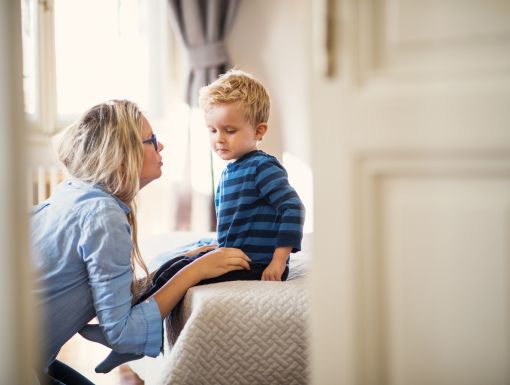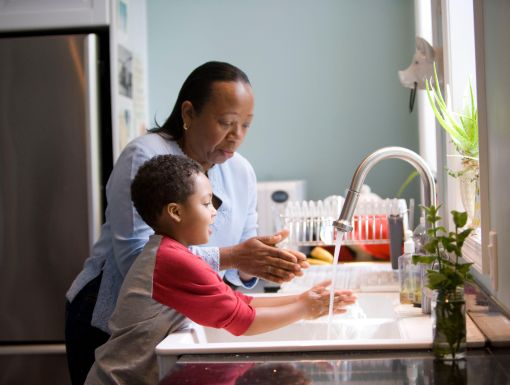
Coronavirus: What to Do if You are an Expecting or New Mom
Naturally, pregnant women and new moms are dealing with new experiences, changes in their bodies, and new things to worry about. The last thing you want to do is add a new virus to your list of concerns. However, pregnant women should remain cautious of the spread of this virus, just like they would for other viruses.
Since coronavirus is a new virus, not much is known about how it affects each person, especially pregnant women and young children.
Pregnant Women
At this time, it is still unclear how COVID-19 can affect your pregnancy or if it can be passed to your fetus or during delivery. While there has been a positive case confirmed in a newborn in London, it has not been determined if it was contracted while in utero or after labor.
The best defense to prevent coronavirus is still practicing good hand hygiene and taking the same precautions as everyone else, such as social distancing.
Newborns
Based on recent evidence, children (including infants) appear to be at a lower risk for COVID-19 than adults, but that does not mean they cannot still be infected. If infected, the symptoms in children are the same as adults, but might not be as severe. It is important to note that since their symptoms could be mild, it could be harder to determine if your child has contracted the virus and therefore, could spread to others without realizing.
If the mother has tested positive for COVID-19, the mother should quarantine away from the baby as much as possible to prevent exposure. There has not been any evidence of breast milk in COVID-19 positive mothers containing the virus, although this is still being closely researched.
To help prevent the spread of coronavirus to or from your baby, take the following precautions:
- Wash your hands often with soap and water or alcohol-based hand sanitizer
- Practice social distancing and avoid anyone who is sick for any reason
- Disinfect common household items or high-touch areas including tables, remotes, doorknobs and light switches
- Wash your baby’s clothes, blankets and plush toys regularly using the warmest water possible according to manufacturer instructions. Disinfect other plastic toys or anything that comes in contact with your baby’s mouth according to instructions as well.
If you think you or your child are experiencing coronavirus symptoms, Ochsner offers virtual visits through Ochsner Anywhere Care, or you can message your doctor through the MyOchsner patient portal. You can also get assistance through the Ochsner On Call line (1-800-231-5257 or 504-842-3155), a free 24/7 service for advice and health education. Due to high call volumes, you may experience long wait times on our Ochsner COVID-19 Info Line.
For more information, visit Ochsner.org/coronavirus.
The information in this blog post is accurate at the time of publication. However, as the situation surrounding COVID-19 continues to change, it's possible that information has changed since being published. While Ochsner Health is trying to keep our blog posts as up-to-date as possible, we also encourage readers to stay informed on news and recommendations by using the CDC website.


